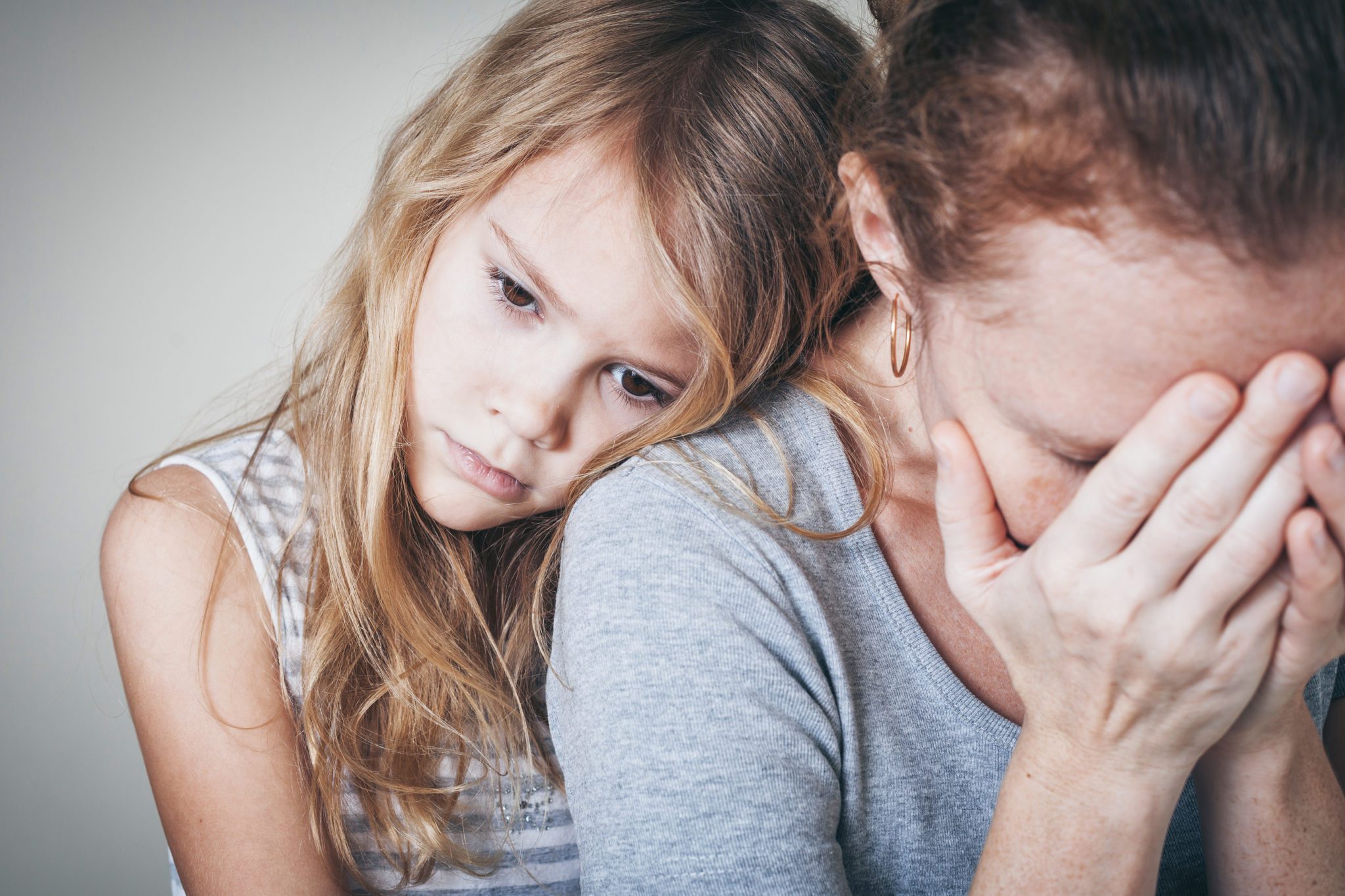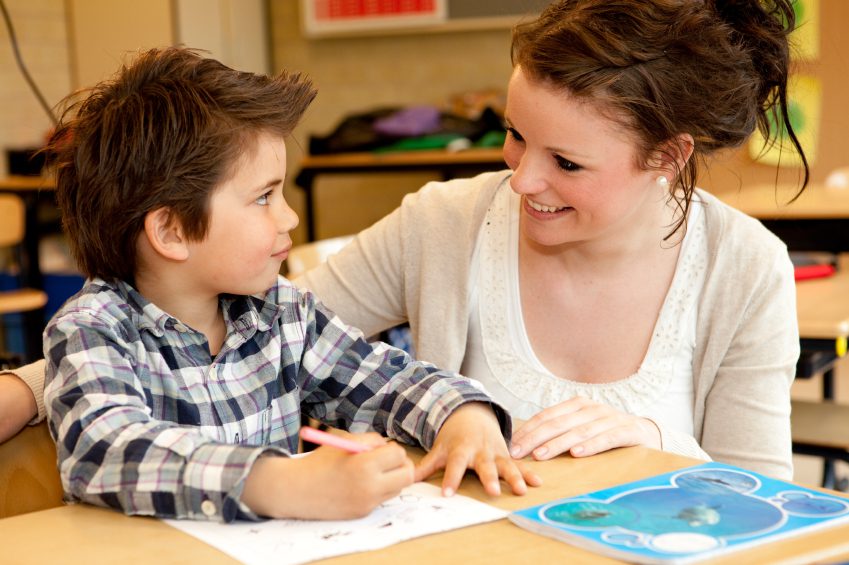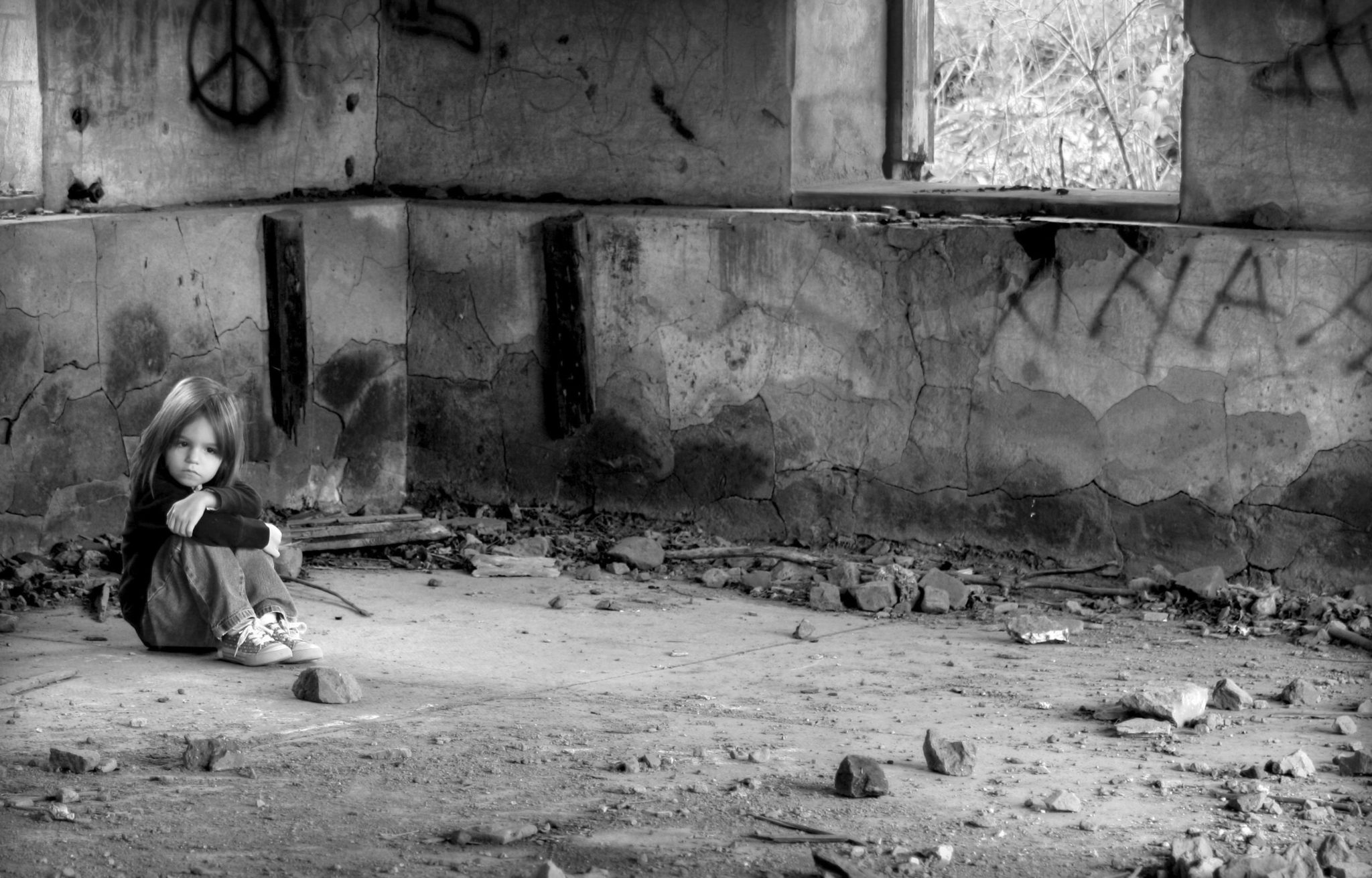Articles containing: trauma
What Is Post-Traumatic Stress Disorder (PTSD)?

Sometimes really horrible things happen. Automobiles crash. Assaults, robberies, fires, natural disasters, terrorism—these are all products of our world that we hope to never have to face. Still, no one is immune; adults, children and adolescents endure horrors every day.
Parents’ Untreated Mental Illnesses Affect Their Children

We wrote earlier this month about the growing acceptance of psychiatric illness among the general population. A number of studies demonstrate that more and more Americans are accepting psychiatric illnesses as equal to other illnesses, and therefore actively seeking treatment.
Home Is Where The Heart Is: Thinking About Homeless Children In The Classroom

This is the final blog post of a series in collaboration with the Lesley University Child Homelessness Initiative (CHI). For more information about the CHI curriculum, and the ways in which it seeks to empower the next generation of teachers and caregivers to understand and advocate for homeless children, visit http://www.lesley.
Jade’s Journey From Homeless Child To Lesley University Student: A Story Of Resilience

This is the second blog post of a series in collaboration with the Lesley University Child Homelessness Initiative (CHI). For more information about the CHI curriculum, and the ways in which it seeks to empower the next generation of teachers and caregivers to understand and advocate for homeless children, visit http://www.lesley.
The Plight Of Child Homelessness In The United States

This is the first blog post of a series in collaboration with the Lesley University Child Homelessness Initiative (CHI). For more information about the CHI curriculum, and the ways in which it seeks to empower the next generation of teachers and caregivers to understand and advocate for homeless children, visit their website.
Beyond Sexual Assault

This blog post is part of a series entitled Real Lives, Real Stories: Personal Experiences With Mental Illness.



